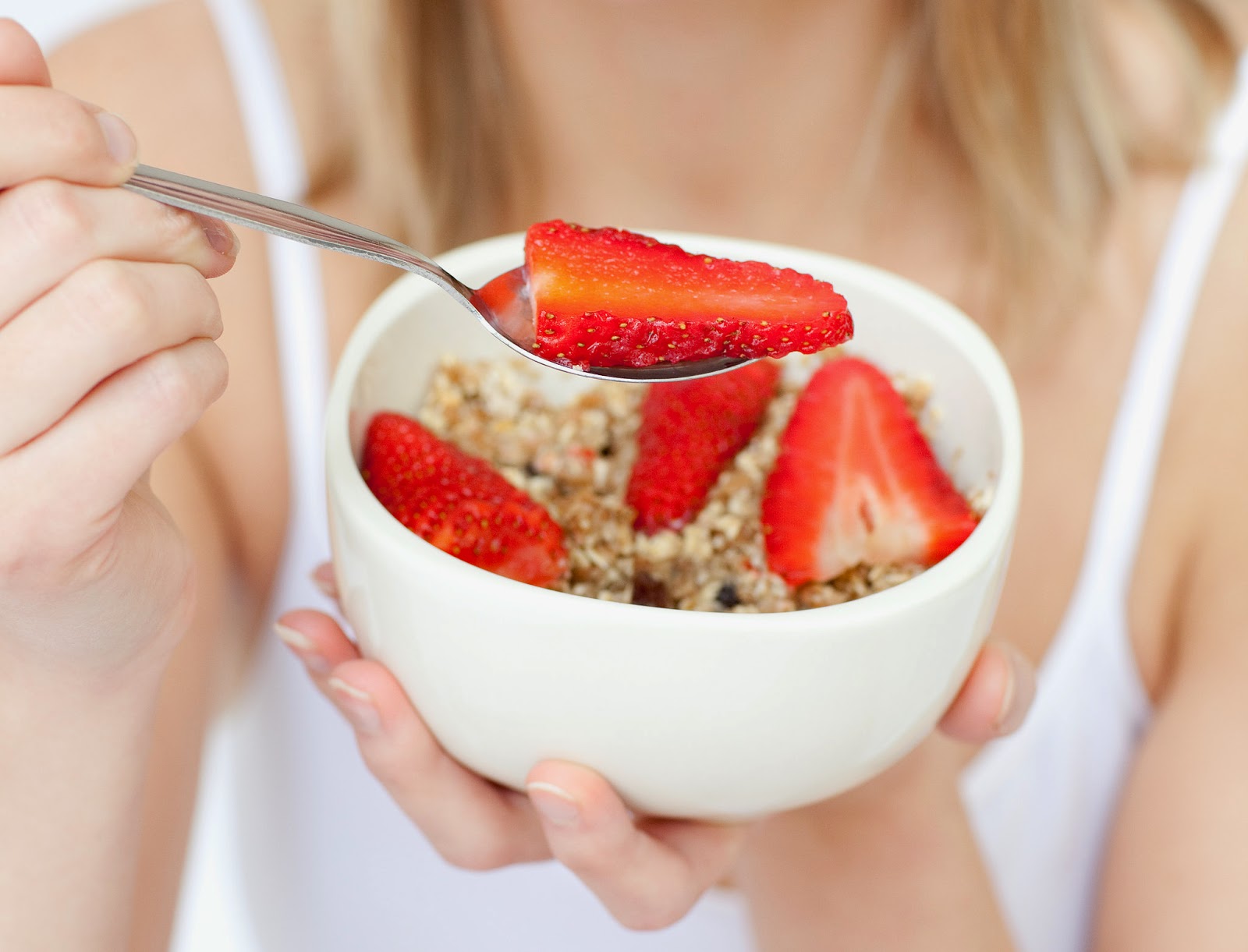I loved getting peanut butter and jelly sandwiches in my school lunch box—until I became a teenager. That's when peanut butter turned into a guilt-ridden indulgence akin to candy bars, cookies, and cakes: diet disasters to be avoided at all costs.
Here's why I was wrong:
It helps you lose weight
Calling peanut butter a diet food, with 180 to 210 calories per serving, may seem counter-intuitive. But it has the enviable combination of fiber (2 g per serving) and protein (8 g per serving) that fills you up and keeps you feeling full longer, so you eat less overall. Plus, there's nothing more indulgent than licking peanut butter off a spoon--and indulgence (in moderation) helps dieters fight cravings and stay on track.It's packed with nutrition
A serving of peanut butter has 3 mg of the powerful antioxidant vitamin E, 49 mg of bone-building magnesium, 208 mg of muscle-friendly potassium, and 0.17 mg of immunity-boosting vitamin B6. Research shows that eating peanuts can decrease your risk of heart disease, diabetes, and other chronic health conditions. One study published in the Journal of the American Medical Association found that consuming 1 ounce of nuts or peanut butter (about 2 tablespoons) at least 5 days a week can lower the risk of developing diabetes by almost 30%.It's got the good fat
Peanut butter is chock-full of heart-healthy monounsaturated fat. A recent study found that insulin-resistant adults who ate a diet high in monos had less belly fat than people who ate more carbohydrates or saturated fat. PS: If you're buying reduced-fat peanut butter because you think it's better for your waistline, save your money. The calories are the same (or even a little higher) thanks to the extra ingredients that are added to make up for the missing fat (including more sugar).How to buy the best
The fat and calorie counts of most brands of peanut butter are similar, but there are other indications of a healthier pick. Here's what to look for:Sodium: Counts can range from 40 mg to 250 mg per 2-tablespoon serving. (Organic versions tend to have less.) Keep in mind that higher sodium content tends to mask the peanut flavor.
Sugar: Natural brands have 1 to 2 g—about half as much as commercial brands. The sugar content isn't so much a health issue as a question of flavor and use: If you're making a savory dish like satay sauce or combining peanut butter with a sweet ingredient, such as jelly or honey, save a few calories by choosing an unsweetened brand.






















